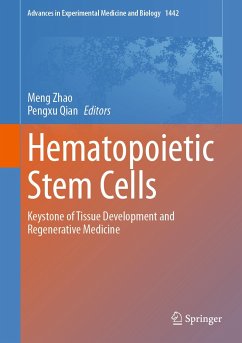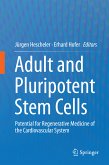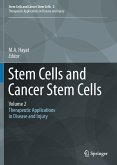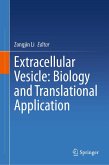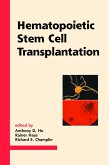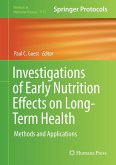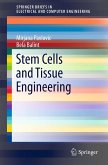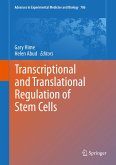This book renders a comprehensive understanding of hematopoietic stem cells (HSCs) from their embryonic development through adult maintenance to aging, in the studies conducted in zebrafish and mammals. Hematopoiesis provides a paradigm for understanding the development, maintenance, regeneration, aging and malignant transformation of mammalian organs. Sitting at the apex of the hematopoiesis hierarchy tree, HSCs orchestrate their proliferation, self-renewal, and differentiation to produce all the blood cell lineages throughout life, which represents the best example for somatic stem cell studies. In this book, key regulatory mechanisms for HSC self-renewal and differentiation are overviewed in an array of fields including epigenetics, metabolism and microenvironment regulation. It also highlights the HSC heterogeneity and clonal dynamics from the recent advanced single-cell technologies. This book elaborates on the research history of HSC studies and reveals how the insights from HSC studies shed light on their clinic application. It presents great value from the bench to the clinic.
Dieser Download kann aus rechtlichen Gründen nur mit Rechnungsadresse in A, B, BG, CY, CZ, D, DK, EW, E, FIN, F, GR, HR, H, IRL, I, LT, L, LR, M, NL, PL, P, R, S, SLO, SK ausgeliefert werden.

